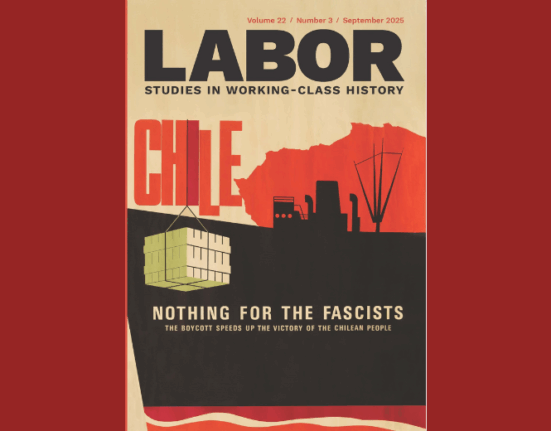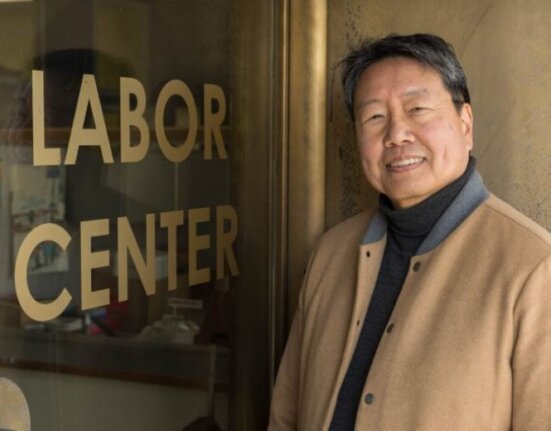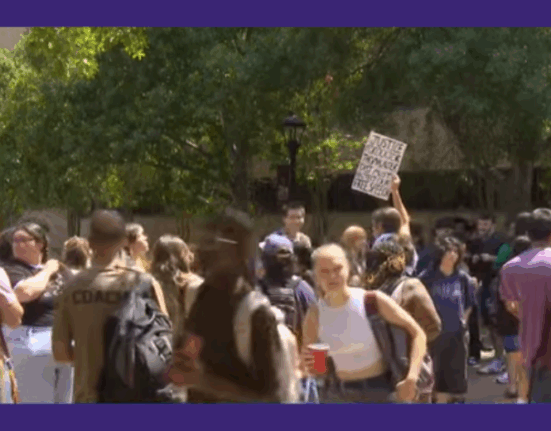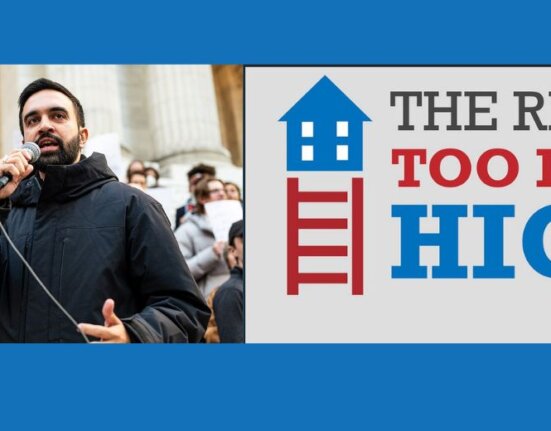I first encountered The Black Scholar in the mid-1990s when I was an undergraduate seeking insight to the quandaries of campus race relations, a better comprehension of the conflicts internal to black student politics, and a more sophisticated way of understanding the duplicity of university administrators beyond just their racism. Reading the Scholar ultimately offered much more: a larger perspective on the history and conditions of Black America; a better model than journalism (my major) of socially engaged scholarship and intellectually informed activism; and a view of the relationship among black protest movements, class, political economy, and broader visions of social change. Reading Black Awakening in Capitalist America, written by Robert L. Allen, an editor of The Black Scholar, was (similar to reading Manning Marable’s How Capitalism Underdeveloped Black America) one of the many transformative moments in my undergrad experience, and it helped to fuel my eventual pursuit of an academic career.

Robert Chrisman, who co-founded The Black Scholar in 1969 and served as its editor-in-chief and publisher, passed away earlier this month. He was 75. As part of his legacy, he leaves a periodical that remains an important, independent forum of black thought and exchange – and at a moment when the need for an engaged and mobilized black public is as acute as ever. I first had the opportunity to get to know Chrisman in 1998 when I contributed an essay to a special issue he published on the founding convention of the Black Radical Congress (BRC). For several years thereafter, he was a reliable source of counsel and “movement memory” as I thought about my involvement in the BRC and similar projects, and how they connected to – as well as conflicted with – becoming a professional scholar. To be sure, The Black Scholar over the years has been a mediator of discussion regarding many key African American political developments, including Black Studies, the Marxist-Nationalist debates of the 1970s, post-‘60s black electoralism, the 1991 Clarence Thomas confirmation hearings, black feminism, the BRC, the subterfuges of the 2000 elections, the 2005 Hurricane Katrina crisis, and the presidential candidacy of Barack Obama. The “United Nations of the movement” – a big tent under which all of the concerns and ideological tendencies among black scholar-activists and their constituencies could meet – is how he once described the journal’s function. Chrisman more recently was an editor of The Obama Phenomenon: Toward a Multiracial Democracy (2011), one of the best efforts so far to contextualize and make sense of the dynamics created by the election of the nation’s first African American president. Growing out of a special issue of The Black Scholar, and typical Chrisman’s approach, the volume is a diverse, interdisciplinary “who’s who” of black scholarly perspectives.
Among the contemporary challenges of being a professional academic are the decline in tenure-eligible faculty; the expanding casualization of academic labor; the erosion of shared faculty-administrative governance; the speedup of intellectual production and evaluation; the intensification of service workloads and “outcomes assessment”; diminished state funding, and a corporate-inspired restructuring of academia; and the allure of careerism, entrepreneurship, academic celebrity, and self-marketing (“branding”) as a substitute to meaningful social engagement. For those of us located in Ethnic Studies units, moreover, there is also the threat of retrenchment, even outright elimination, in the interests of “efficiency,” “strategic planning,” and “usefulness.” The historical environment and opportunities that shaped people like Chrisman can’t be duplicated, of course. But the example he set of building intellectual institutions, cultivating wide communities of interest, and rooting one’s research in the rich tradition of “study and struggle,” is one we should carefully observe. He will be missed.







